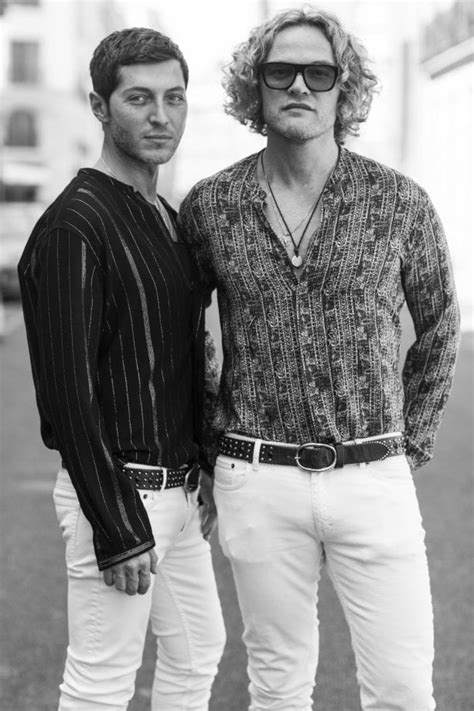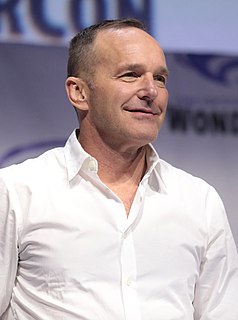A Quote by Nicholas Kristof
One of the biggest complaints readers have about my work is that I don't tell them often enough what they can do. I do think this is an area where journalism sometimes falls short. We describe a really grim situation but don't really explain to people what they can do about it.
Related Quotes
I've always liked elliptical writing, whether it's Kafka or Paula Fox, and I'm often bored by writers who explain too much. I think that becomes journalism. Mostly I don't try to explain to readers who somebody is - I just write about the somebody. I'm thinking through ideas. And I have the sense that, if you're reading this, you have some interest.
There are some things about myself I can’t explain to anyone. There are some things I don’t understand at all. I can’t tell what I think about things or what I’m after. I don’t know what my strengths are or what I’m supposed to do about them. But if I start thinking about these things in too much detail the whole thing gets scary. And if I get scared I can only think about myself. I become really self-centered, and without meaning to, I hurt people. So I’m not such a wonderful human being.
I don't do all the background and the worldbuilding before I start the story. What I do is I work out the bare minimum I need to start the story, and often that really is a bare minimum - it's a character in a situation, and I know nothing about the character, I know nothing about the situation, and then I think about it for a long time, and make notes about where I think the story is going to go and so on, but I don't really make notes to do with the background or the magic system or the world.
I think a lot of people, when they think about the house, they think of the print. But when people think about Emilio Pucci, I want them to think about this really, really hot girl, so my biggest job is to give her a face and an identity - and I do that by trying to associate that kind of print that people have in their minds with a kind of girl who is free-spirited, rebellious, a little bit rock 'n' roll, and who has a lot of energy, who is up.
Not to any really influential effect, but certainly there have been comments that have surprised me. It's surprising sometimes to get particular perspectives on your work, and it's enlightening sometimes to know that non-writers and readers out there have certain assumptions about everything that I both want to keep in mind and want to forget about why I write, and about the connection between me as a private person and the stuff that I think about on the page.
CBT is really a miracle. I've seen it help a lot of people, and one of the reasons I'm speaking out is that I don't feel like enough people know it. Through my work, I constantly come across other people who have various forms of anxiety or panic - it's much more common, I think, than people realize - and not all of them even really know about CBT.
If I could, I'd go city by city, county by county, town by town, and talk to people to explain to them what immigration is really about - that this is not about me, this is not about us, this is not about us taking something from you. This is not about us being a threat to you. This is not about Democrat or Republican, and this is not really about border security. But in some ways our politics, and in many ways our politicians, have gotten in the way.
Our whole goal is really to create a culture of accountability. Because for a very long time, ending sexual assault has been on the backs of survivors. And it's really up to everyone to be part of the solution. It's really about not creating a culture of awareness. It's something I often tell parents of kids who are going off to college: It's about asking those hard questions when your kids are applying to school and encouraging them to ask about their rights, to ask about their resources.

































